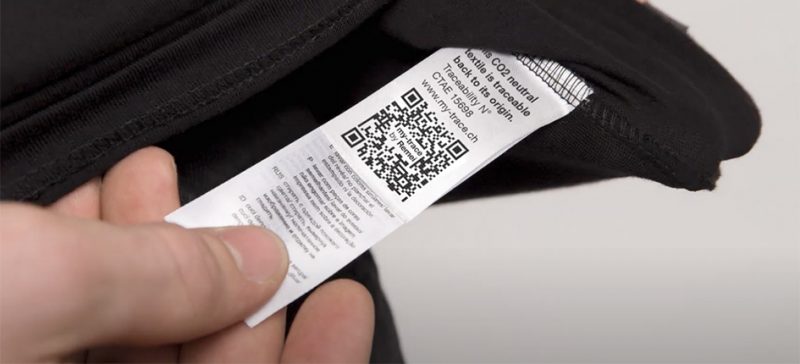Member News
Remei decreases carbon emissions for organic textiles

The organic textiles manufacturer Remei has announced that, according to its own projections, it will be able to decrease its carbon emissions by more than 50 percent in the current financial year. The company has achieved this “significant reduction in carbon emissions throughout the supply chain” by switching to hydroelectric power at production sites in India. According to a press release, in 2021, Remei India Ltd. was for the first time able to purchase energy with international renewable energy certificates (I-RECs) from India’s first independent power project for private hydroelectric power.
Remei is relying on carbon insetting. This means that climate protection measures are implemented in order to control carbon emissions right from the beginning of the supply chain instead of accepting that they will be produced by suppliers. By funding applicable projects such as efficient furnaces and biogas plants within its own supply chain, carbon-neutral organic cotton textiles are a possibility for B2B trade partners. This has been helping to improve the living conditions of farming families in India and Tanzania “for many years”. According to information on Remei’s website, it pursues the post-neoliberal economic model of all-holder value, through which the aim is for all parties within the production chain be fairly involved in the company’s success through ecological and social standards.
According to Remei, transparency regarding the carbon footprint per production step is the key to climate efficiency. The company has been demonstrating this with its “From Fibre to Fashion” program since 2013. Consumers can trace their clothes back to the source using a QR code.